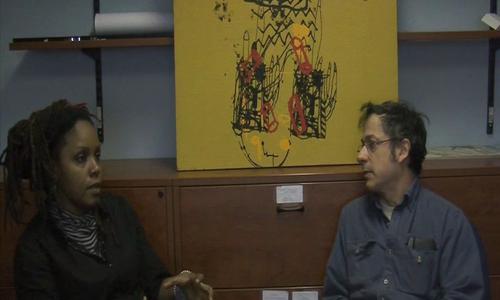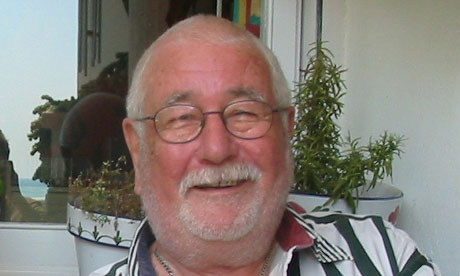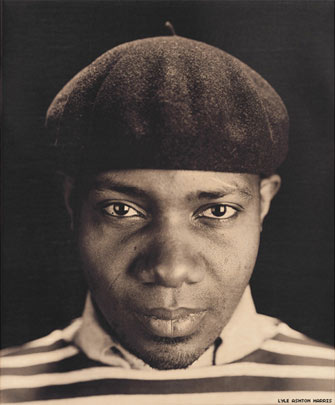Improv Notes: March 2012
|
Email not displaying correctly? View it in your browser |
|||||||||||||||||||||||||||
 IMprov Notes: News of the Moment March 2012
Improvisation is Something We Live
Friday, March 30, 2012 (1 pm - 9 pm) 10 Carden, Guelph, Ontario Improvisation is Something We Live will feature high-profile guest speakers and artists including scholar, Dr. Rinaldo Walcott, Experimental Turntablist, Slowpitch, Guinness World Record holder in freestyle, Emcee D.O., Canada Research Chair in Interactive Media and Performance, Dr Charity Marsh, Professional Dancer, B-girl Lopez, Turntablist neural thumb and Beat Technician & Improviser, Fresh Kils. Blending performance and discussion, the colloquium will investigate the ways in which improvisation, in its many incarnations as part of hip-hop culture, can be a survival strategy for members of marginalized populations, and a way to work beyond conventional limits of cultural, social, and political life. We seek to examine hip-hop art forms as modes of theoretical intervention in current modes of thought and practice; simultaneously we seek to bring together members of conventionally divided communities in a rich and productive conversation. Schedule of Events
See the ICASP colloquium page for full bios on artists/ scholars.
March's Oral History:
 Matana Roberts is a Chicago-born, New York-based alto saxophonist, improviser, composer, and sound conceptualist. Her discography includes The Chicago Project (with guitarist Jeff Parker, bassist Josh Abrams, and drummer Frank Rosaly, featuring several saxophone duos with Fred Anderson), Live in London (with pianist Robert Mitchell, bassist Tom Mason and drummer Chris Vatalaro), and the sweeping ensemble, Coin Coin Chapter One: Gens de Couleur Libres. This recent work focuses on place, the problem of memory, and tradition as recognized, deciphered, deconstructed, and interrogated through radical modes of sound communication. Listen to Matana's frank and revealing discussion with ICASP researcher Eric Lewis, as they cover the place of history and memory in musical creation, the relationship between Roberts and the improvising musicians who play in her piece, differing audience responses to performances, and much more. “Panoramic sound quilting”: On Coin Coin and Compositional Methods can be viewed - and a full transcript is available - in our Research Collection. Quote of the Month:
“There is no such thing as music. Music is not a thing at all but an activity, something that people do. The apparent thing “music” is a figment, an abstraction of the action, whose reality vanishes as soon as we examine it at all closely."  Christopher Small, a New Zealand-born writer and musicologist, argued that music is above all an active ritual involving those who play and listen to it and only secondarily a matter of “black dots.” He passed away last year in Sitges, Spain at the age of 84. He is the author of four incredible books: Schoenberg (1978), Music of the Common Tongue (1987), Music, Society, Education (1996), and Musicking (1998). Christopher Small, a New Zealand-born writer and musicologist, argued that music is above all an active ritual involving those who play and listen to it and only secondarily a matter of “black dots.” He passed away last year in Sitges, Spain at the age of 84. He is the author of four incredible books: Schoenberg (1978), Music of the Common Tongue (1987), Music, Society, Education (1996), and Musicking (1998).
Photo Reel: Turntable performance at Macdonald Stewart Art Centre on March 7th, 2012
About ICASP
|
|||||||||||||||||||||||||||







